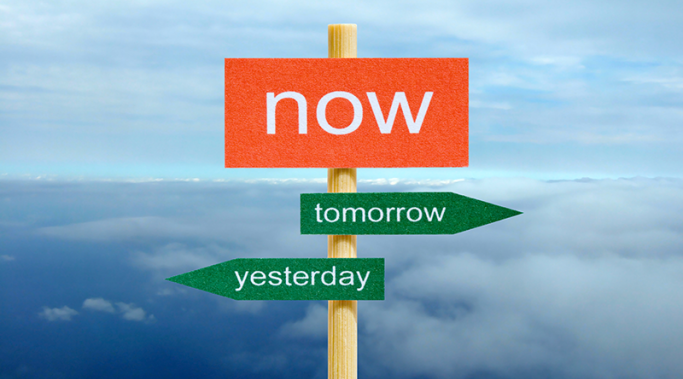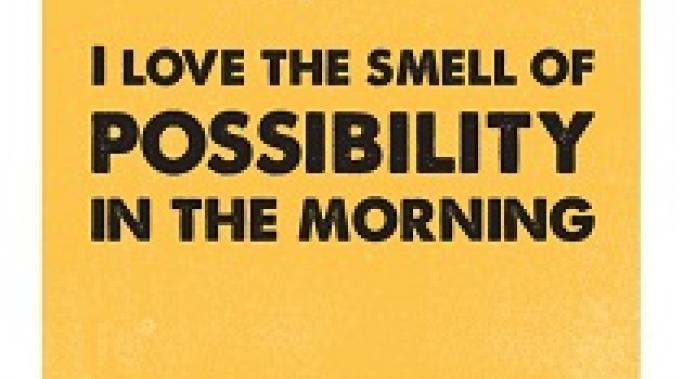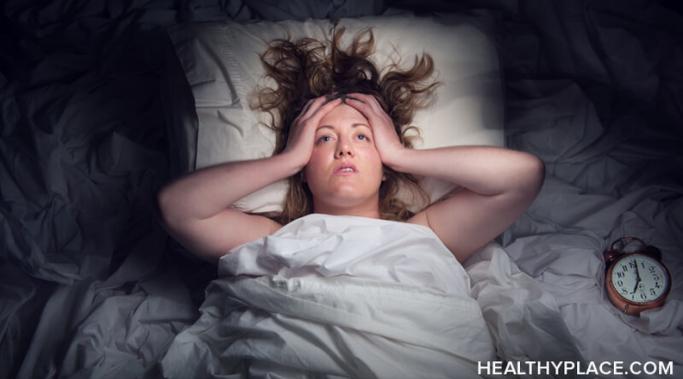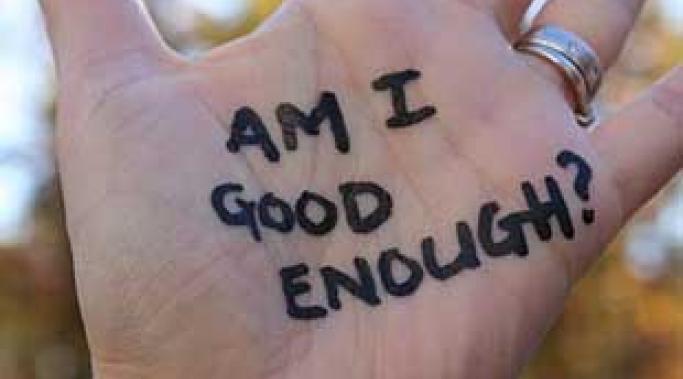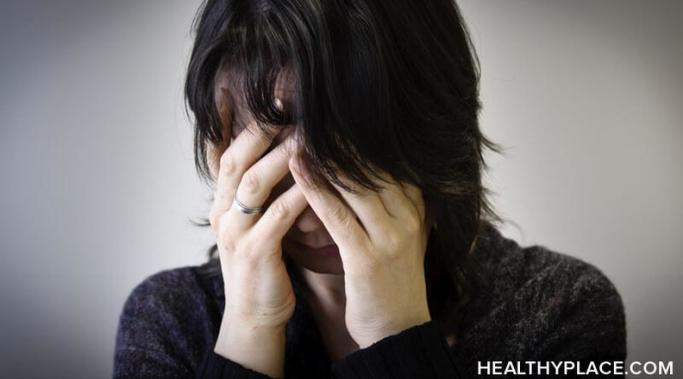Anxiety, as you are likely very aware, is about worry. Not just worry, but intense, consuming worry. It can take over our minds, causing our thoughts to race anxiously from one to the next. It can be miserable, keeping us up late into the night or consuming our days. We toss, turn, sweat, fret, and think, think, and think. Ironically, the thinking often contains the key to overcoming anxiety. You see, focusing your thinking, or mindfulness, can calm anxious thoughts.
Anxiety Treatments – Anxiety Schmanxiety
A brand new year is almost upon us. It’s a time for inward reflection and taking charge of our renewal. This is an excellent time for reflecting upon and resolving to take charge of anxiety. In my own reflecting, I thought of ten resolutions for regaining power from the beast that is anxiety. I don’t like to think of them as New Year’s resolutions, for New Year’s resolutions are notorious for being broken. I like to think of them as “New Me” resolutions. Perhaps you might want to resolve to do some of these as you take charge of your own anxiety.
Deadlines to meet. Meals to plan. Shopping to do. Meetings to join. Classes to attend. Work to do. Children to taxi. Aging parents to help. Laundry to wash. Lawns to mow. Etc. Etc. Etc. What if you forget? What if you make a mistake? What if? What if? What if? Dire consequences. Dire consequences. Dire consequences. The anxiety is a constant companion. Day and night. Day and night. And night. And. Night. Anxiety is awful. When it robs us of sleep, it becomes torturous. Why is that, and what can be done about it?
Anthony D'Aconti
I remember my first experience with group therapy. While enrolled in a day program – the next step in the treatment process after a brief hospitalization – I reluctantly sat down with a therapist along with a handful of individuals also struggling with social anxiety disorder, among other mental health ailments.
Five days a week, the therapist reinforced the role of cognitive behavioral therapy - to help us change our thoughts and perceptions. (Social Anxiety Treatment) Among the most common statements shared with the group included “we are in a safe place now” and “how did that make you feel?”
Anthony D'Aconti
Depression and anxiety often go hand-in-hand. The symptoms of anxiety can lead to depression and vice versa. According to recent insight from Google, the colder, shorter months of winter undoubtedly lead an increased number of people to search the web for information on seasonal depression. Interestingly, the same Google statistics show that search volume for anxiety remains relatively the same during the cold winter months as compared to the summertime. The paradox is that winter also brings on the stressful and anxiety-provoking holiday season.
Social anxiety can be a miserable experience. Symptoms range from mild to extreme, but regardless of the degree of severity, the feeling it creates is miserable. When we're plagued by a fear of being judged, and not just judged but judged negatively, it's hard to relax and enjoy interactions with others.
If you or someone you know has post-traumatic stress disorder, the current time of year might be particularly challenging. The northern hemisphere is well into autumn, and the extensive holiday season is upon us. Celebrations abound in religious and secular communities alike. Beginning in October and extending through December and even into January, many countries and traditions celebrate special things with gatherings, gifts, food, and fun.
Have you seen those posters or t-shirts that read: “I Can’t Stay Calm Because I Have Anxiety”? They’re a play off the trendy t-shirts, posters and other items with the royal crown and the directive to “keep calm and…”.
As those of us who experience any form of anxiety are aware, merely reading a sign that tells us to "keep calm" is too simple—easier said than done. On the other hand, don’t believe “I Can’t Keep Calm Because I Have Anxiety.” It’s just not true!
All things are transient. This is neither good nor bad. Or, both good and bad. There are things that we love and have in our life that could end, giving us a sense of loss. However, this feeling of grief is also transient.
Things are changing for us constantly everyday. Most of it goes unnoticed and much of it is for our betterment. We handle it constantly and well. It is when a change "feels" out of our control that we feel afraid that we can't handle it and panic. No matter how nonsensical, the Anxiety convinces us we will go off some metaphoric cliff, n'er to return.
Have you ever been afraid of getting too close in relationships?
As humans it is one of our deepest desires to be in a relationship with others. Closeness is what gives us a sense of belonging, and nurtures a robust sense of self. On the other hand, isolation is one of the worst things for someone who is struggling. Being left alone to deal with our own negative spiral can feel like losing touch with reality. Yet, when we are struggling, we often feel drawn to isolate ourselves. I will tell you why.
